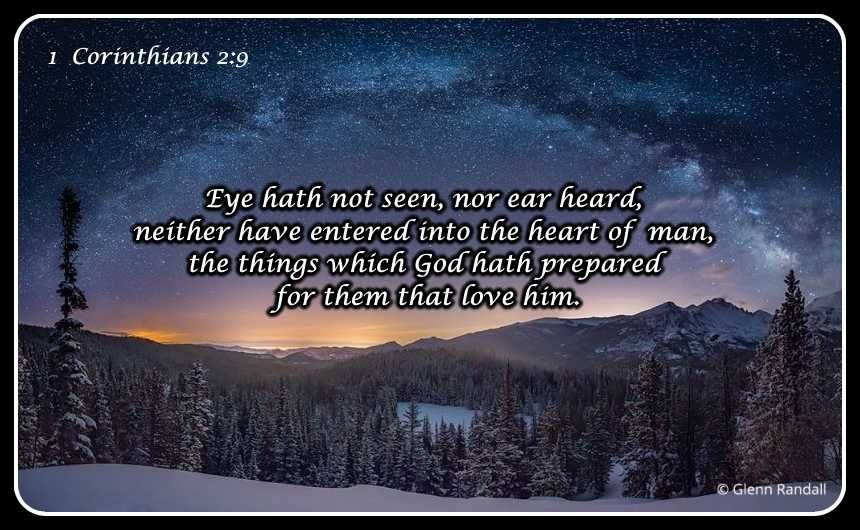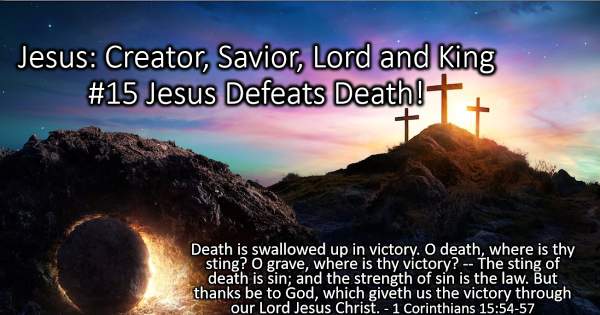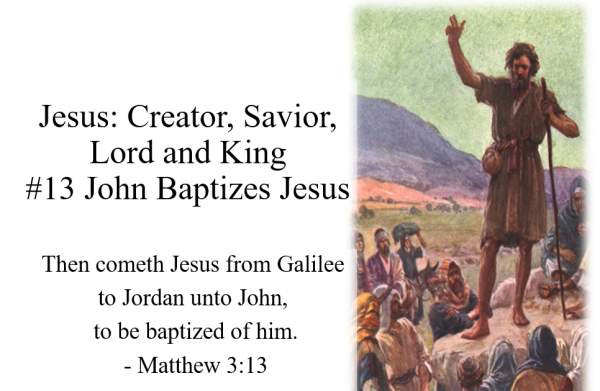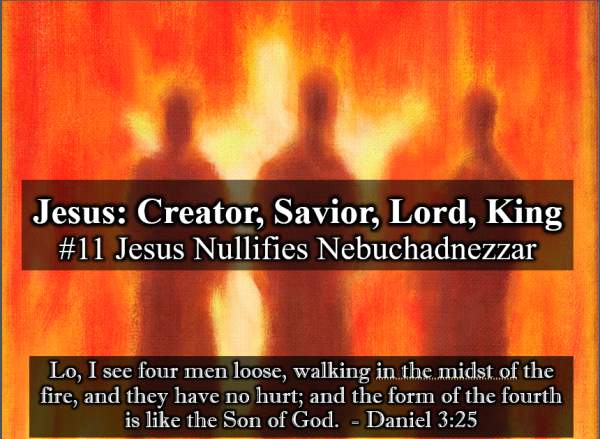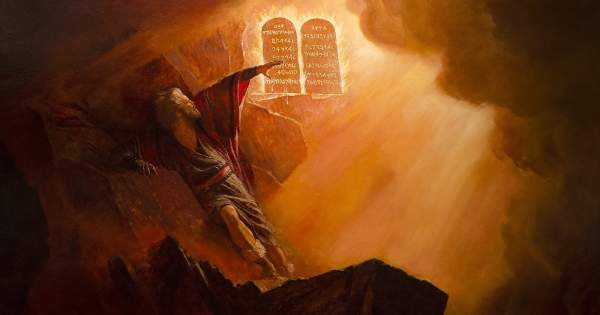The resurrection is essential to the Gospel, the resurrection is essential to our hope, the resurrection is essential to the second coming of Jesus Christ and His final victory over sin and death. The resurrection that we celebrate today is the foundation, the very core, of everything we believe as Christians.
https://calvarybcathens.blogsp....ot.com/2025/04/jesus

"Fulfil all righteousness." That phrase should be the guiding rule of life for every child of God. Whatever is God’s command, whatever is the Lord’s requirement, whatever is right in service as a Christian then fulfill that righteousness. Do what is right at every opportunity.
https://calvarybcathens.blogsp....ot.com/2025/04/jesus
The temptation to give in to the world’s demands is overpowering if you are not a child of the King. But if you belong to Him, if you are an heirs of God, and a joint-heirs with Jesus Christ, then you will be strong enough to suffer with Him, and for Him. And know this as Paul declared that the earnest expectation of creation itself is waiting, waiting for the manifestation, the unveiling, the righteous resolution of the children of God to stand up and be seen. So, take your stand.
https://calvarybcathens.blogsp....ot.com/2025/03/jesus
What God did for Moses, He will also do for us, setting us on Jesus the Rock of our salvation, and hiding us in the cleft of His grace. In Jesus we hear God’s true name, "The LORD, The LORD, God! Merciful and gracious, longsuffering and abundant in goodness and truth. Keeping mercy for thousands, forgiving iniquity and transgression and sin, and that will by no means clear the guilty."
https://calvarybcathens.blogsp....ot.com/2025/03/jesus
From our Bible readings today. 1 Cointhians 1-2
Beautiful words tell a beautiful truth.
